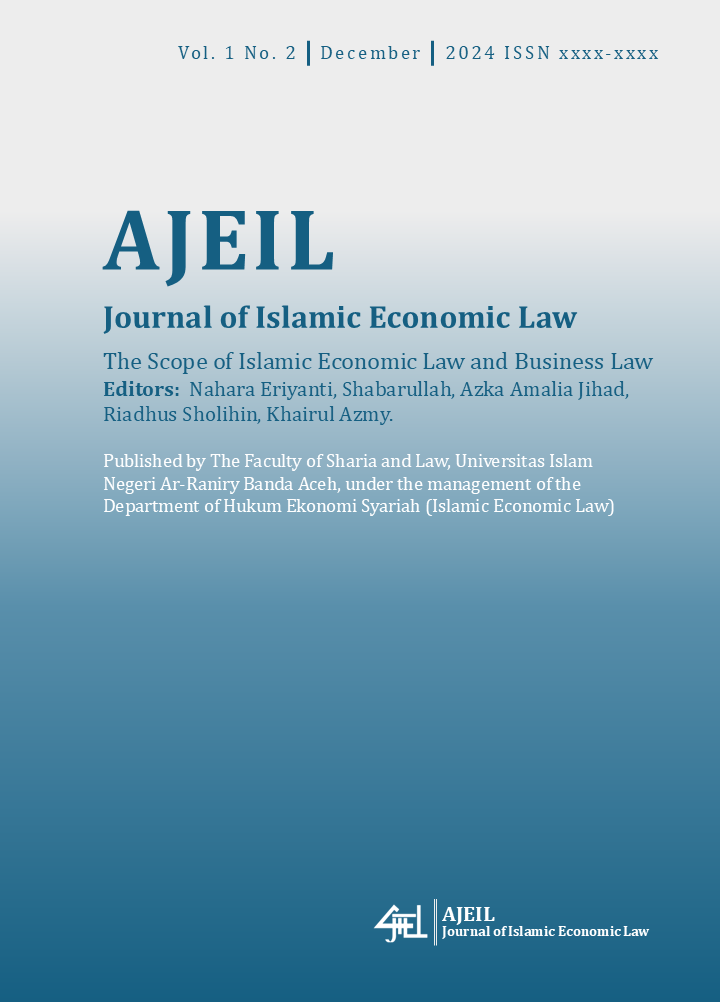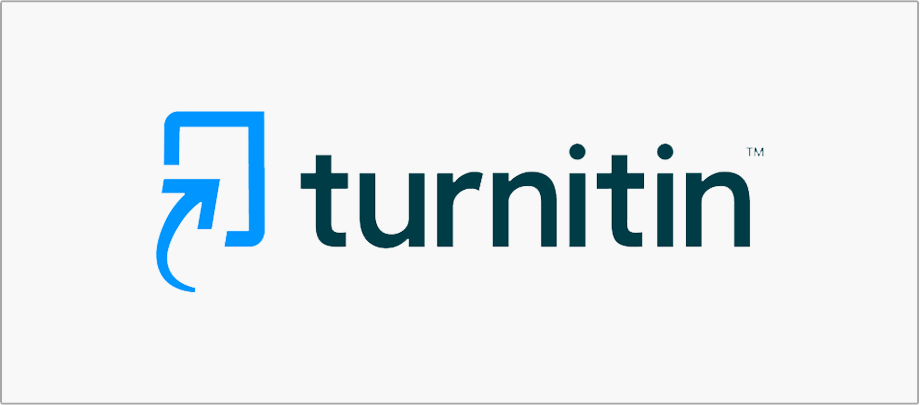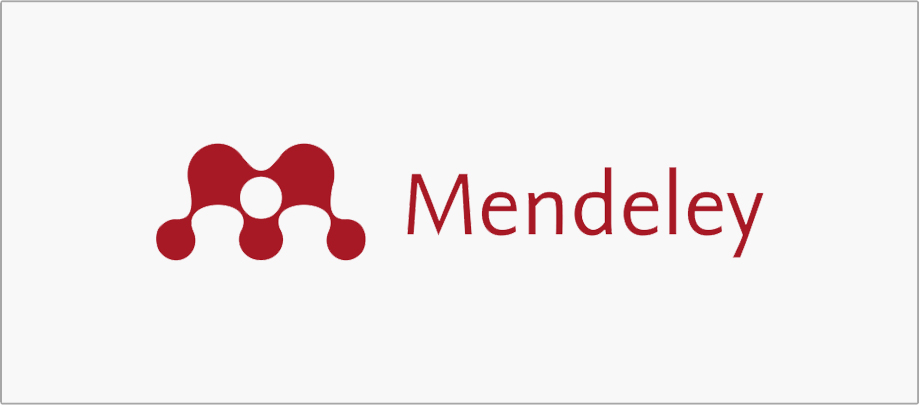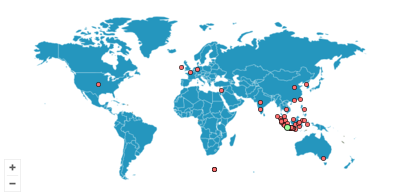Factors of Exchange of Waqf Property According to Positive Law and Islamic Law in Indonesia
A case study in Pidie district of Aceh province
Keywords:
Islamic Law, Indonesia law, Waqf, Waqf exchance objectAbstract
This study aims to answer the factors of the exchange of waqf assets according to positive law and Islamic law. The research approach that the author uses is empirical juridical, technical research is descriptive analysis with data collection methods through interviews and documentation. The results of the research on the factors causing the exchange of waqf in Kembang Tanjong District are to make it easier for the people of the two villages to utilise the results of the waqf, the community and Nadzir are also easier to supervise and manage the results of the waqf. The view of positive law on the exchange of waqf assets in Kembang Tanjong sub-district, the exchange process that occurs in Kembang Tanjong sub-district is not carried out based on Government Regulation No. 42 of 2006 concerning the exchange of waqf assets which contains the requirements and conditions for exchanging waqf assets. The view of Islamic law on the exchange that occurred in Kembang Tanjong Subdistrict, when viewed from the provisions of the imam mazhab which discuss the exchange of waqf property, the exchange carried out does not contain maslahat and does not fulfil the conditions for exchanging waqf property.
References
Abduurrahman. (1994). Perwakafan Tanah Milik and the Position of Waqf Land in Our Country. (4th Mould). Bandung: PT Citra Aditya Bakti.
Abdurrahman, Problems of Perwakafan Tanah Milik and the Position of Waqf Land at Our Country, (Bandung: Alumni, 1979)
Abdul Hlmim, Law of Perwakafan in Indonesia, (Jakarta: Ciputat Press, 2005), p 18
Ahmad Azhar Basyir, Islamic Law on Waqf Ijarah and Shirkah, (Alma Arif: Bandung, 1987), pp. 9
Adijani Al-Alabij, Land Trust in Indonesia in Theory and Practice, (Raja Grafindo: Persada, Jakarta, 2002), pp. 25
Ahmad Furqon, "The Exchange of Waqf Land of Semarang Great Mosque
Perspective of Fikih Istibdal" (Journal-, Walisongo State Islamic University, Semarang, 2017).
Al-Alabij, Adijalani. (2002). Land Trust in Indonesia: In theory and practice. Jakarta: PT Raja Grafindo Persada.
Al-Kabisi, Muhammad AbidAbdullah. (2004). Waqf Law The First and Most Complete Contemporary Study on the Function and Management of Waqf and the Settlement of Waqf Disputes. Jakarta: Dompet Dhuafa Republika and IIMaN.
Annie Rafika, "The Use of Rice Measuring Units among the People of District Indrapuri Subdistrict According to Islamic Law", (Thesis), Faculty of Sharia and Law, State Islamic University (UIN) Ar-Raniry, Banda Aceh, 2018.
Anwar, Rosihan, et. al. (2009). Introduction to Islamic Studies. (1st mould).Bandung: Pustaka Setia.
On Disputes, ed: Khaeron Sirin, Translated by Ahrul Sani Faturrahman and colleagues. Retrieved from KMCP, Cinere, (IIMaN Press: Depok, 2004), pp. 350
Djunaedi, Ahmad, et.al. (2007). The New Waqf Paradigm in Indonesia. Jakarta: Directorate of Waqf Empowerment.
In Nailul Authar juz 6 page 20; as quoted by Wahbah az Zuhaili, alFiqhu al-Islam wa Adillatuhu (Dimasyqi: Dar ar Fikr, tt), VIII: 155
Elsa Kartika Sari, Introduction to Zakat and Waqf Law, (Jakarta: Grasindo, 2007)
Farida Prihatini, (2005), Islamic Law on Zakat and Waqf, Papas Sinar Kinanti and Publishing Agency of the Faculty of Law, University of Indonesia UI: Jakarta,
Halim, Abdul. (2005). Law of Perwakafan in Indonesia. (1st mould). Jakarta: Ciputat Press.
Hasan, Sudirman. (2011). Waqf Money from the Perspective of Fiqh, Positive Law, and Management. Malang: UIN-Maliki. 71
Ibn Hajar al-Haytami, 2006 Shihab al-Din Ahmad, Tuhfah at-Muhtaj bi Syarh al Minhaj volume 6, Dar Fikr: Beirut
Hasan Mansur Nasution, et al, (2007) Waqf and Community Empowerment, ed: Bandrun Nur Tanjung and Farid Wajdi, Sinar Grafika: Jakarta.
Muhammad Jawad Mughniyah, (2005) Fiqh Five Mazhabs: Ja'fari, Hanafi, Maliki and Shafi'I, Hambali, Translated by Masykur AB et al, Lantera: Jakarta,
Muhammad Abid Abdullah Al-Kabisi, Waqf Law: A Contemporary Study The First and Most Complete Study of the Functions and Management of Waqf and the Settlement
Hadi Setya Tunggal, (2005), Law of the Republic of Indonesia Number 41 Year 2004 on Waqf, Harvarindo: Jakarta
JA, Abu.far Muhammad Bin Jarir Ath-Thabari, (2008), Tafsir Ath-Thabari ter. Akhmad Affandi.
Mamudji, Sri, et al. (2005). Legal Research and Writing Methods. Jakarta: Publishing Agency of the Faculty of Law, University of Indonesia.
Mohammad Daud Ali, (1998) Islamic Economic System Zakat and Waqf, Jakarta, University of Indonesia Press
Melong, Lexy J. (1991). Qualitative Research Methodology. Jakarta: PT.Raja Grafindo Persada.
Moh. Pabundu Tika, (2006) Business Research Methodology, Jakarta: P.T. Bumi Aksara
Musyfikah Ilyas, "Istibdal of Waqf Property from the Perspective of Islamic Law" (Journal, Alauddin State Islamic University, Makassar, 2016). Islam" (Journal-, Alauddin State Islamic University, Makassar, 2016).
Rachmadi Usman, (2013), Perwakafan Law in Indonesia, cet-II, (Sinar Grafika: Jakarta.
Mohammad Daud Ali, (1988) Islamic Economic System, Zakat and Waqf, UI-Press: Jakarta
Sugiyono, (2014) Quantitative and R&D Research Methods, Bandung: Alfabeta
Suhrawardi K. Lubis, (2013), Waqf and Community Empowerment, Sinar Grafika, Jakarta
Sayyid Sabiq, (2008) Fiqh Sunnah, Translation of Asep sobari et al, Al-I'tishom: Jakarta
Wahbah Az-Zuhaili, (2011), Fikih Islam Wa Adillatuhu, Journal of Translations Abdul Hayyie al-Kattani et al, cet-1, volume 10, Gema Insani, Jakarta,
Yulia Mirwati, (2016) Waqf of Customary Land in the Dynamics of Indonesian Law, Rajawali Pers: Jakarta,
Zein Yudha Utama, (2020), "Ruislag of Waqf Land According to Positive Law and Islamic Law", thesis, Faculty of Sharia and Law, Universitas Airlangga, 2020. Islamic Law", thesis, Faculty of Sharia and Law, university of Islamic University Syarif Hidayatullah State University. https://yatimmandiri.org/blog/berbagi/jenis-wakaf/ accessed on 11 December 2023
Letter from the Minister of Religious Affairs to the Minister of Justice and Human Rights and its attachments, Number: MA/451/2002, Perihlm: Permission to Initiate Waqf Bill, dated 27 December 2002.
Meeting of Ulama, Experts/Leaders and Islamic Organisations on the Waqf Bill, 6 March 2003, opened by the Minister of Religious Affairs, at the Operation Room of the Ministry of Religious Affairs.
Report of the Meeting of Ulama, Experts/Leaders and Islamic Organisations on the Waqf Bill on 6 March 2003.
Downloads
Published
Issue
Section
License
Copyright (c) 2025 AJIEL - Ar-Raniry Journal of Islamic Economic Law

This work is licensed under a Creative Commons Attribution-ShareAlike 4.0 International License.












